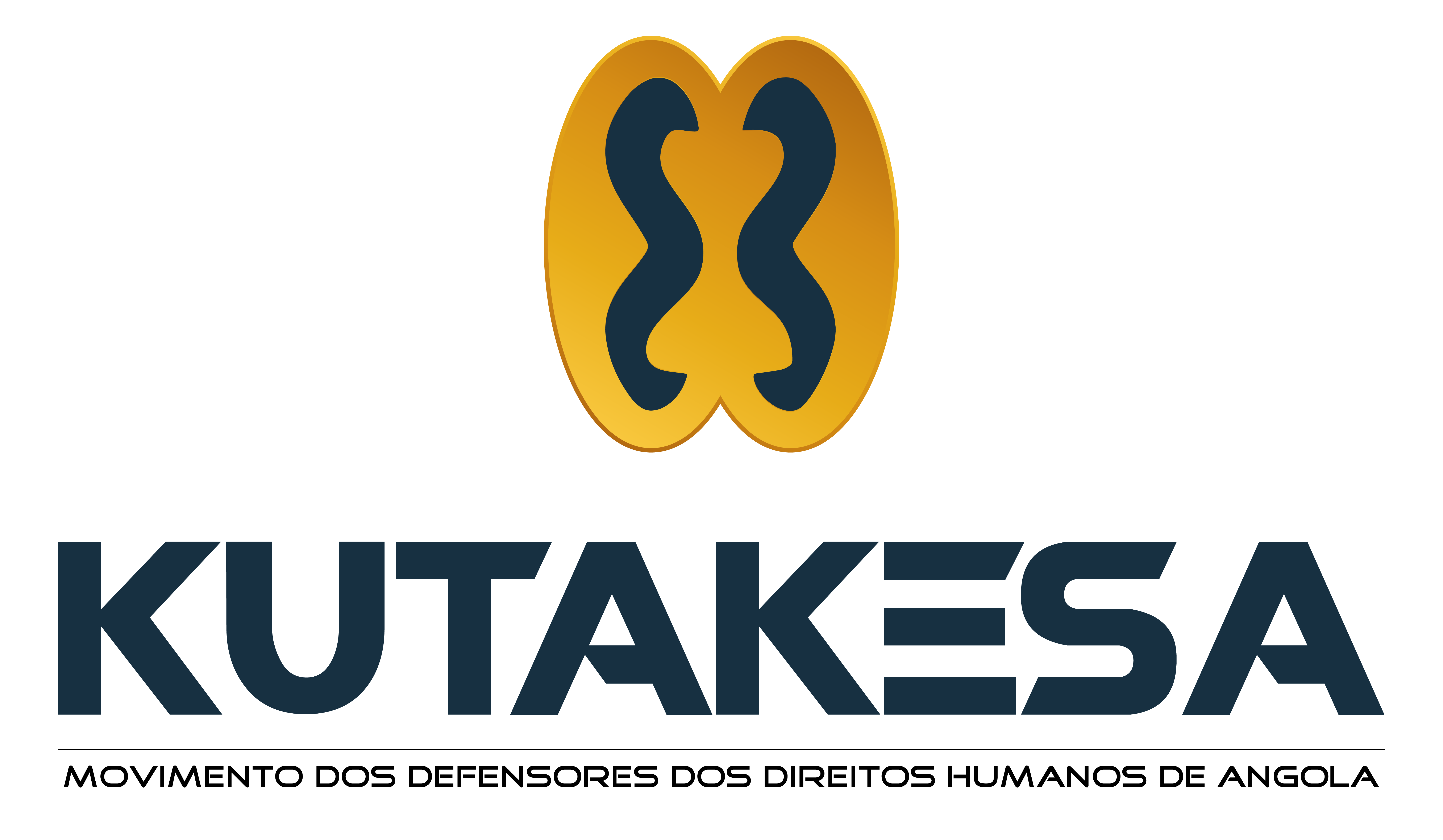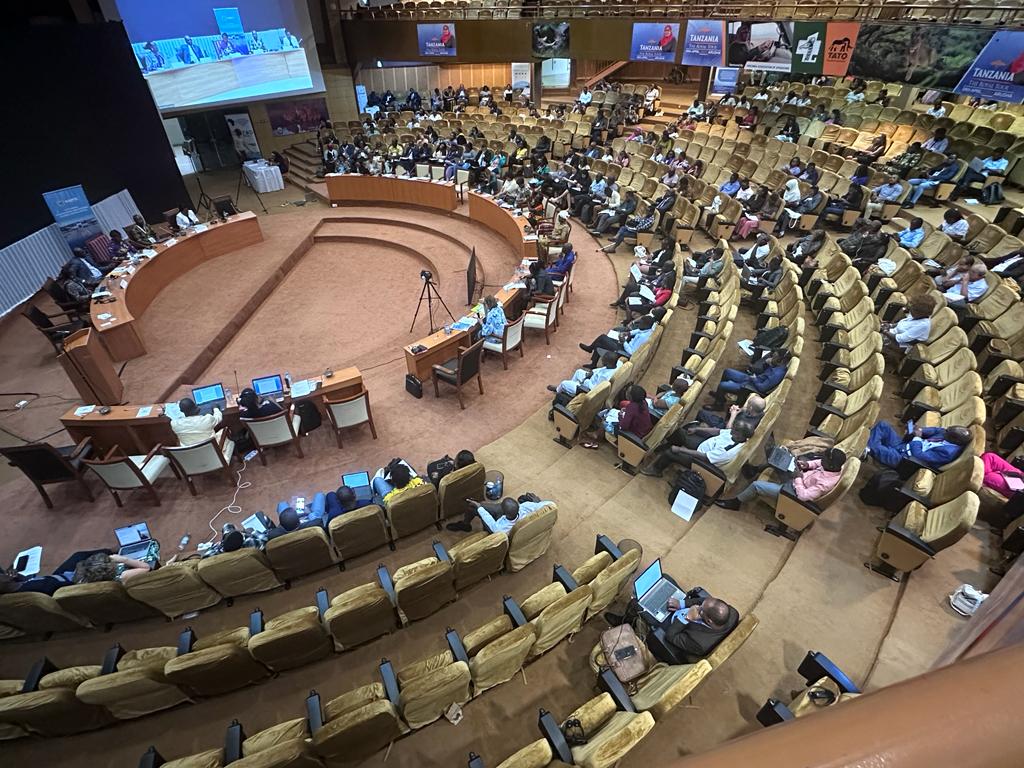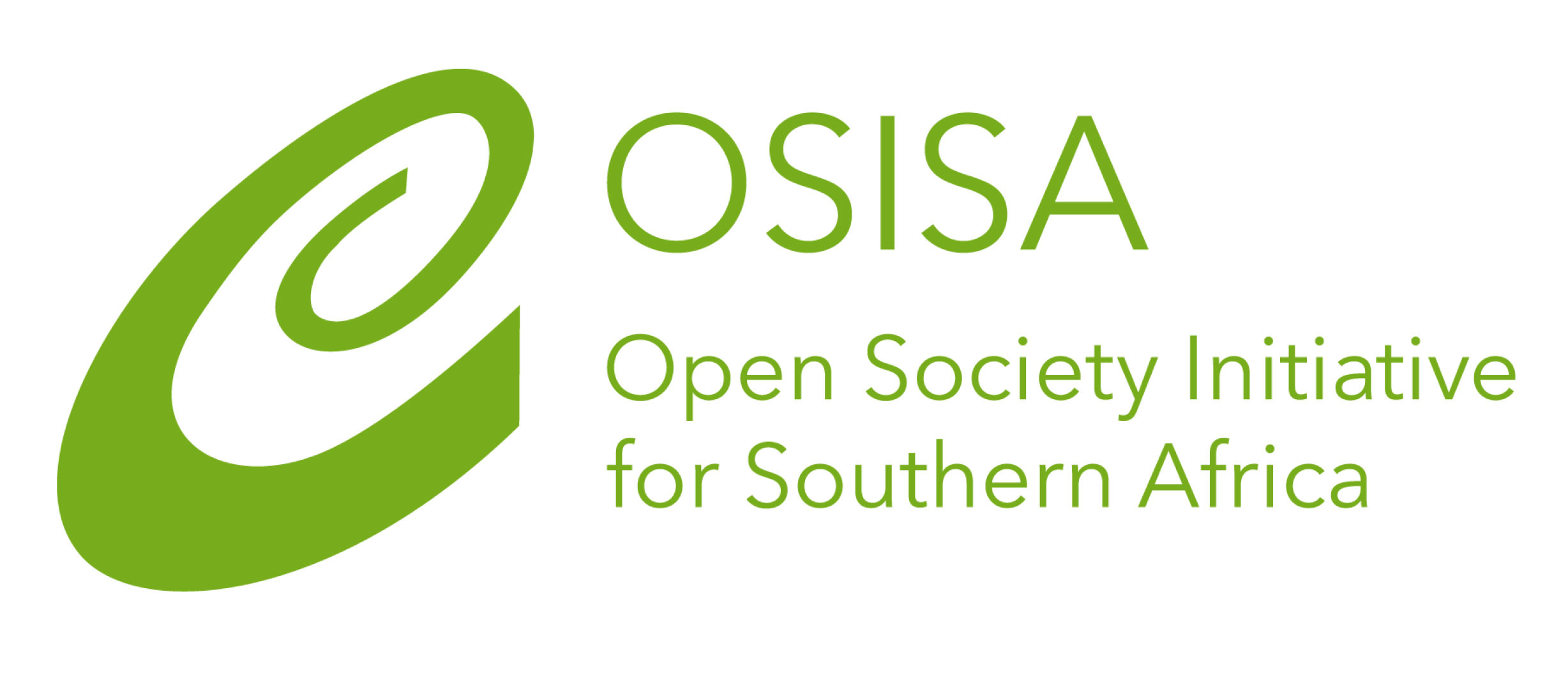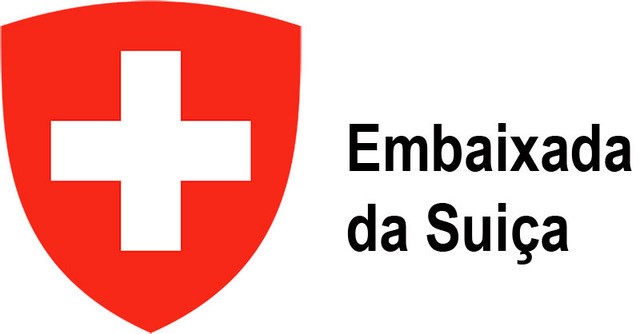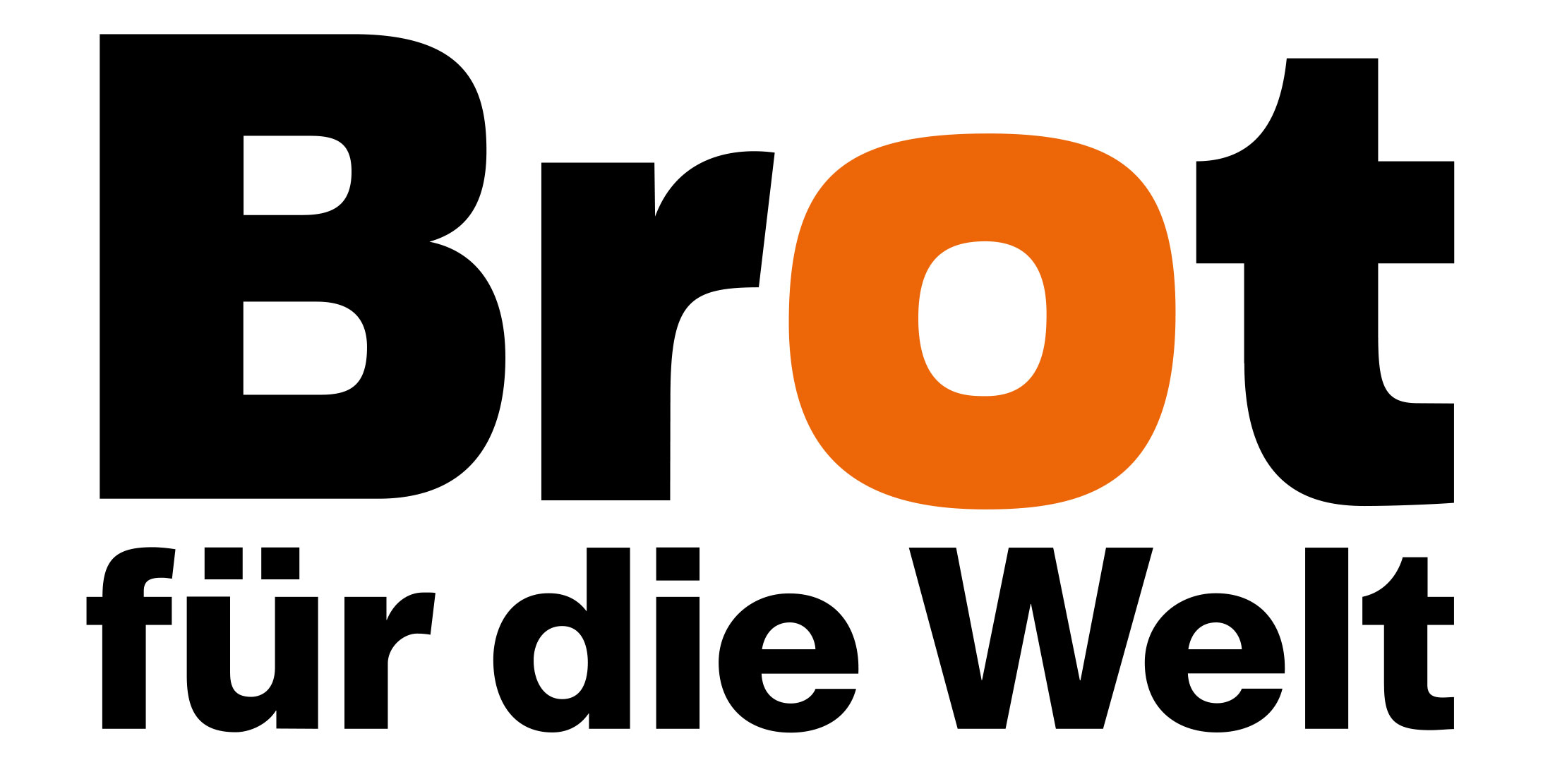THEMATIC RECOMMENDATIONS ADOPTED AT THE NGOs FORUM
PRECEDING THE 77th ORDINARY SESSION OF THE AFRICAN COMMISSION
ON HUMAN AND PEOPLES’ RIGHTS
16TH -18TH OCTOBER, 2023
TREC/001/10/23: RECOMMENDATION ON REPRISALS
We, the participants of the Forum on the Participation of NGOs in the 77th Ordinary Session of the African Commission on Human and Peoples’ Rights (ACHPR) note that:
In regards to intimidation and reprisals against civil society stakeholders, in particular human rights defenders collaborating with the African human rights system, in line with ACHPR/Res.273(LV)2014, the NGO Forum calls on the Special Rapporteur on Human Rights Defenders and Focal Point on Reprisals in Africa to:
- Consider information on and effectively address cases of intimidation reprisals against civil society stakeholders;
- Consider in particular allegations of intimidation received in response to the initial call for submissions on intimidation and reprisals for incidents that took place from 12 May 2014 to 12 May 2020;
- Issue a renewed call for submissions for incidents occurring until 31 December 2023;
- Address allegations of intimidation and reprisals with the States concerned;
- Present a report on cases of intimidation and reprisals at the next Ordinary Session of the Commission (April 2024).
Done in Arusha, Tanzania. 18th October, 2023
TREC/002/10/23: RECOMMENDATIONS ON THE RIGHTS OF THE ELDERLY AND PERSONS WITH DISABILITIES:
We, the participants of the Forum on the Participation of NGOs in the 77th Ordinary Session of the African Commission on Human and Peoples’ Rights (ACHPR) note that:
There is a great body of literature which points to the increase of elderly and persons in Africa in the near future. While on the other hand, although statistics are not currently properly captured, persons with disabilities in sub-Saharan Africa could constitute not less than 15 percent of the population. Indeed, the two groups experience a number of challenges but one common factor is that more than sixty percent of the elderly persons are likely to be disabled due to old age. It is in this light that Africa must strengthen the protection and provision of rights for these groups. This is so when one looks at how the family system continues to be weak to support such people. It is therefore recommended as follows:
- Governments in Africa must be encouraged to ratify the Africa disability protocol so that it starts working:
- Governments in Africa should ratify the protocol on the rights of elderly persons:
- There is need for African governments to strengthen the social protection mechanisms for the elderly persons and persons with disabilities.
- African governments must take a leading role in funding issues to do with disability inclusion and the rights of elderly persons. This should include supporting and fostering organisations of persons with disabilities and those of elderly persons:
- There is need to mobilise to ensure that more persons with disabilities and elderly persons can be able to attend for a such as this one.
Done in Arusha, Tanzania. 18th October, 2023
TREC/003/10/23: RECOMMENDATIONS ON AI AND EMERGING TECHNOLOGIES: STRATEGIES, DATA PROTECTION, AND HUMAN RIGHTS IN AFRICA
We, the participants of the Forum on the Participation of NGOs in the 77th Ordinary Session of the African Commission on Human and Peoples’ Rights (ACHPR) proffered the following recommendations:
Recommendation to the African Commission on Human and Peoples’ Rights
1. To continue to call on States to comply, in adequate measure, with Resolution 473 on the need to undertake a Study on human and peoples’ rights and artificial intelligence (AI), robotics and other new and emerging technologies in Africa, which, among others, call on States to develop comprehensive laws and strategies that ensure the protection of human rights in the use of AI.
Recommendations to States
- States should ensure that the development and use of AI, robotics and other new and emerging technologies are compatible with the rights and duties in the African Charter and other regional and international human rights instruments, to uphold human dignity, privacy, equality, non-discrimination, inclusion, diversity, safety, fairness, transparency, accountability and economic development as underlying principles that guide the development and use of AI, robotics and other new and emerging technologies.
- States parties should develop comprehensive national artificial intelligence strategies for AI technologies, robotics and other new and emerging technologies to ensure the ethical and transparent use of AI and emerging technologies in line with the African Charter and other international standards.
- States to meaningfully consult and work with civil society organisations in developing national AI strategies to ensure the inclusion of critical stakeholders.
Recommendations to NGOs
To monitor compliance with resolution 473 by African States in safeguarding human rights through developing national strategies and to raise awareness of the adverse impacts, offering technical guidance to States, where required.
TREC/004/10/23: RECOMMENDATIONS ON WOMEN’S RIGHTS IN AFRICA
We, the participants of the Forum on the Participation of NGOs in the 77th Ordinary Session of the African Commission on Human and Peoples’ Rights (ACHPR) :
Note that the women’s rights in Africa are codified under the Maputo Protocol: We the special interest groups on Women’s Rights and GBV in the NGOs Forum Preceding the 77th Sessions of the ACHPR note the following issues:
- Despite the Maputo Protocol being a comprehensive frame work, it is not well known by the rights holders in the different states and as such they are unable to claim for their rights and agitate for the implementation and actualization of the protocol at state level.
- Another challenge is the capacity of the Law enforcement officers who deal with survivors and perpetrators of violence at the first instance.
- Countries like Liberia have gaps in the implementation of laws when it comes to GBV
- In territories like Sudan and Tigray in Ethiopia that are currently experiencing wars makes the situation of GBV tragic as the rights of Women and girls are not guaranteed. Women continue to be used as weapons of war and subjected to sexual violence.
- Lack of recognition and advocacy for all women especially the minorities in all their diversities.
- Reservations under the protocol where it is permissible to place a reservation under issues such as culture possess a challenge. E.g FGM and Early and Forced marriages.
- New and emerging issues such as cross border violations in FGM e.g Kenya, Tanzania as well as online violations and teenage pregnancy crisis and not covered by the protocol
- The countries that have not ratified the protocol e.g Botswana, Egypt leave women and girls exposed and unable to enjoy rights provided in the protocol.
- Sexual exploitation of women from all works of life in working environments poses a great challenge to the autonomy and aspirations of women.
- Patriarchal societies that suppress the political aspirations of women which in turn ensures there is limited representation of women in policy and decision making platforms.
The Forum of NGOs therefore recommends that:
- States be mandated to create awareness around the provisions of the Maputo Protocol in all states that have ratified the Protocol.
- State be mandated to Pass Laws & Policies and subsequent publication of the said laws and policies
- Include and advocate all Women in all their diversities especially Sex workers and LGBTQ women.
- Adopt Different approach for GBV survivors in conflict areas due to the integrated traumas that they face.
- Adoption of cross border preventative approaches to violations
- Reviewing of state GBV Laws through a gender lens.
- Countries that have had existing reservations since the ratification of the Protocol need to be asked to lift the reservations.
- Provision for Basket of care and buffer zones for Survivors and Human Right.
- Defenders in conflict prone territories
- Engagement of men through capacity building and awareness raising on GBV relating issues
- Recognition of intersex genital mutilation as a corrective measure and condemnation of the same by the member states.
- Recognition of influential leaders that can be used as champions to positively influence laws e.g. Liberia.
- States to create conducive working environment for women free from sexual exploitation.
- Empowering women and creating conducive environments for women to participate in elective positions such as in Rwanda.
TREC/005/10/23: RECOMMENDATIONS ON REFUGEES, IDP AND MIGRANTS
The NGO Forum’s special interest group worked on three categories of groups of people who differ in terms of definition, trajectories and care needs. These are refugees, displaced persons and migrants in Africa.
In reviewing the situation of these groups in the various countries represented good practices in terms of integration, naturalization and care, such as in Uganda, were cited as examples.
In addition, the emergency situation in countries such as Sudan, Libya, Ethiopia, Algeria, Egypt, Mauritania and Tunisia were extensively discussed by the Forum.
Challenges on Refugees and Migration in Africa:
- Conflict and Instability: Ongoing conflicts and political instability in several African countries force people to flee their homes, creating refugees and internally displaced populations.
- Economic Factors: Limited economic opportunities and poverty drive many Africans to seek better prospects abroad, leading to irregular migration and human trafficking.
- Lack of Legal Pathways: Limited legal avenues for migration to more stable and prosperous countries push people towards dangerous irregular migration routes.
- Environmental Pressures: Climate change, desertification, and resource depletion contribute to displacement within Africa, as people flee environmental degradation.
- Xenophobia and Discrimination: Many African countries experience xenophobia and discrimination against migrants and refugees, hindering their integration.
Recommendations to Address These Challenges:
- Conflict Resolution: African nations and international organizations should prioritize conflict prevention and resolution to reduce forced displacement.
- Economic Development: Foster economic growth, job creation, and poverty reduction to address the root causes of migration.
- Legal Pathways: Expand legal migration pathways, including humanitarian visas, family reunification, and labor migration programs, to discourage irregular migration.
- Climate Resilience: Invest in climate adaptation and environmental sustainability measures to mitigate displacement due to environmental factors.
- Anti-Discrimination Measures: Raise awareness and implement policies to combat xenophobia and discrimination, ensuring the rights and integration of refugees and migrants.
- Regional Cooperation: Promote regional collaboration on refugee and migration issues, including sharing best practices and resources.
- Humanitarian Assistance: Increase support for humanitarian organizations to provide aid to displaced populations and host communities.
- Data and Research: Invest in data collection and research to better understand migration trends and develop evidence-based policies.
- Capacity Building: Strengthen the capacity of African governments and institutions to manage migration, offer protection to refugees, and ensure border security.
- Global Partnerships: Collaborate with international organizations, African Commission, donor countries, and NGOs to mobilize resources and expertise to address the challenges of refugees and migration in Africa.
- Women and girls as well as host communities should be protected against harmful socio-cultural practices such as Female Genital Mutilation, early or forced marriage, sexual exploitation, forced breast-feeding and gender-based violence.
Done in Arusha, Tanzania. 18th October, 2023
TREC/006/10/23: RECOMMENDATION FOR ECONOMIC CHALLENGES:
YOUTH UNEMPLOYMENT AND POVERTY
We, the participants of the Forum on the Participation of NGOs in the 77th Ordinary Session of the African Commission on Human and Peoples’ Rights (ACHPR) note that:
The youth population in sub-Saharan Africa is increasing rapidly. Nearly one in three people living in the region, or about 297 million, is between the ages of 10 and 24. By 2050, that age group is projected to nearly double to about 561 million according to Population Reference Bureau’s The World’s Youth 2020 Data Sheet.
RECOMMENDATIONS
- The governments should prioritize in supporting or investing in creative industries through initiating entrepreneurship training and development programs which will train youth on various skills and create decent employment for themselves.
- Youth participation in politic through youth representation in the various governance structure should be promoted in national, regional and continental level for better advocacy of youth development issues in the continent.
- The African Union should do everything in their capacity to ensure that the youth have free movement to other part of the world in a bid to search for education and employment opportunities without any form of intimidation such as visa restriction. High rate of visa denial among other things has forced so many youths in the continent to embarked in the perilous journey to Europe and this attempt of the youth has claimed the lives of many in the Mediterranean Sea.
The African Commission for Human and People Rights and the Court should make a paradigm shift not only focusing more on the cases of civil and political right but the socioeconomic right thereby encouraging the civil societies to sue governments in failing to fulfill their duty to address the needs of the citizens for inclusive development.
